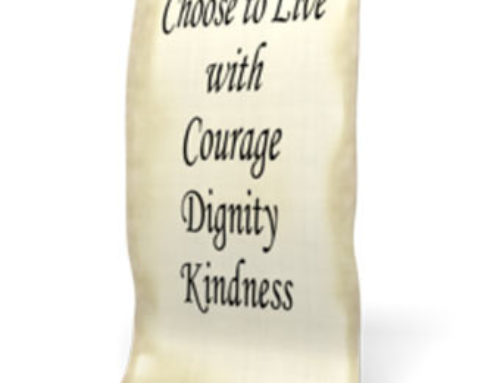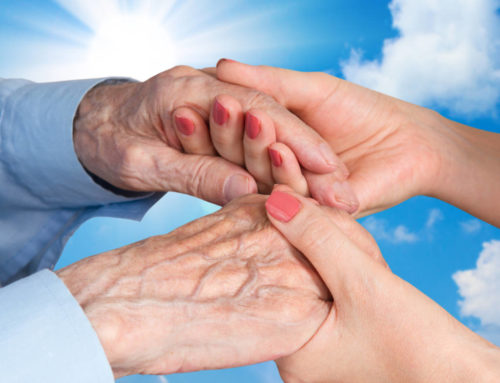 Feelings of isolation and loneliness are common for caregivers. You may feel like no one appreciates or recognizes all you do, and you may get angry when no one steps up to provide the emotional support or the physical assistance you need.
Feelings of isolation and loneliness are common for caregivers. You may feel like no one appreciates or recognizes all you do, and you may get angry when no one steps up to provide the emotional support or the physical assistance you need.
I may be wrong, but I think it’s possible that most people may not have any concept of the burdens you are carrying.
Last spring when I spoke at the Women’s Food Service Forum, I met a number of accomplished, professional women who were also caring for sick husbands, disabled children and/or aging parents. One striking young executive, who appeared to have never even had a bad hair day, told me about her father’s journey through Alzheimer’s.
Her dad had been a financial advisor, and when she went to visit, after engaging in lively, intelligent conversations about banking and the stock market, he would turn to her and say, “Now, who are you again?”
When she’d say, “I’m your daughter, Catherine,” he would give her a puzzled look and say, “I wonder why no one ever told me I had a daughter.”
Catherine and her dad had always been close, and it broke her heart that he no longer recognized her or even remembered that she had ever been a part of his life.
When I asked if he was still alive, she said, “No. He died last July . . .” She paused for a few seconds and her eyes filled with tears, and then she said, “ . . . at my wedding.”
During the reception he choked on something. They did everything possible, but he couldn’t be saved. She said he’d been having a marvelous time. He was surrounded by family and friends, and he was enjoying visiting with all of them, even though he didn’t know who they were.
I’ve thought about Catherine many times and wondered how difficult it would be to process the wildly conflicting emotions she experienced on her wedding day. I’ve also thought about Peggy, a middle-aged woman with a sparkling smile who coordinates continuing education for nurses at a university in Indiana. Peggy told me her twins, now in their 30’s, were born with severe spastic quadriplegia cerebral palsy.
When they were babies and she was trying to care for them by herself at home, she was sleep deprived and depressed. Having reached a point of desperation, she went to the yellow pages one morning and looked up the number for the bus station. She had decided to buy a one-way ticket to somewhere – anywhere, because she thought it would be a terrible thing to leave her husband with the two babies and take their only car.
Peggy’s mother arrived unannounced, took one look at her and said, “Go to bed. I’ll take care of the babies.” Peggy slept around the clock. When she woke up, she was still depressed and angry, but she never thought about leaving her family again.
As I meet caregivers from all over the country, I am constantly reminded to never judge another person based on his/her appearance. It would be easy to feel envious (even jealous) if we only looked at the exterior. When we take the time to look a little deeper, we discover that everyone suffers loss and pain.
If you are experiencing feelings of isolation and loneliness, don’t count on other people to know what you’re feeling or what you need. You may have to reach out and ask for the support you need. Joining a caregiver support group where you can freely and safely express your emotions can help you cope with your emotions. Getting some time away from your care receiver can also be a life saver. Don’t be afraid to ask family members or friends to give you a break once in a while. Adult day care centers can also be a great option, as they provide stimulation and socialization for your care receiver while you are getting much-needed time away. Regularly scheduled respite care is also a viable option.
Caregiving can seem like endless journey, and we are too frequently critical of ourselves. Feelings of isolation and loneliness are quite common. Don’t judge yourself harshly. All of your feelings are valid. The important thing is to do something that that will give you a little rest and relief so you won’t feel the need to buy a one-way ticket to someplace else.
You might also want to click on the link to the videos on our website that will help you understand and manage the “3 F’s of Flipping Out” – Fatigue, Fear and Frustration.




